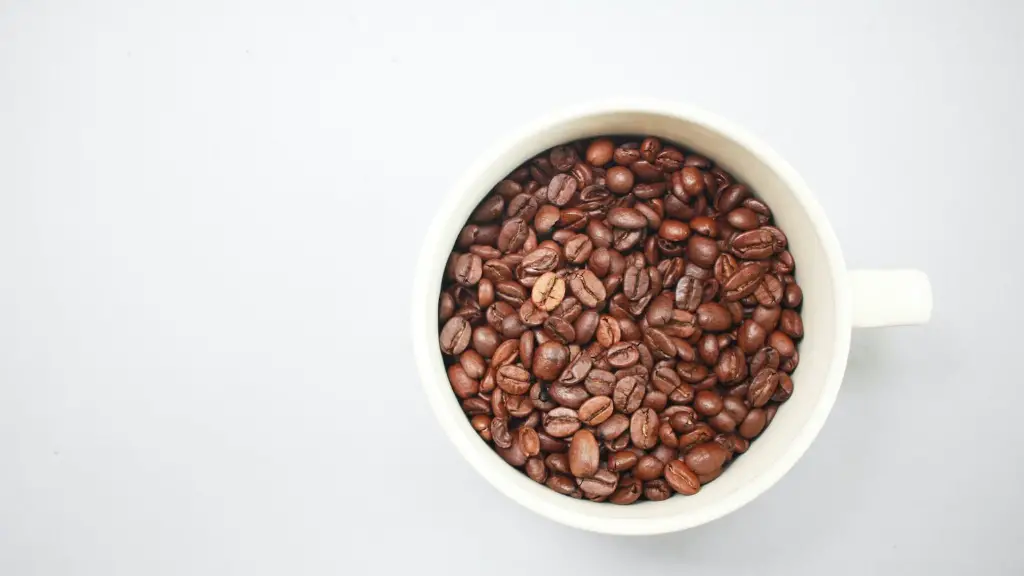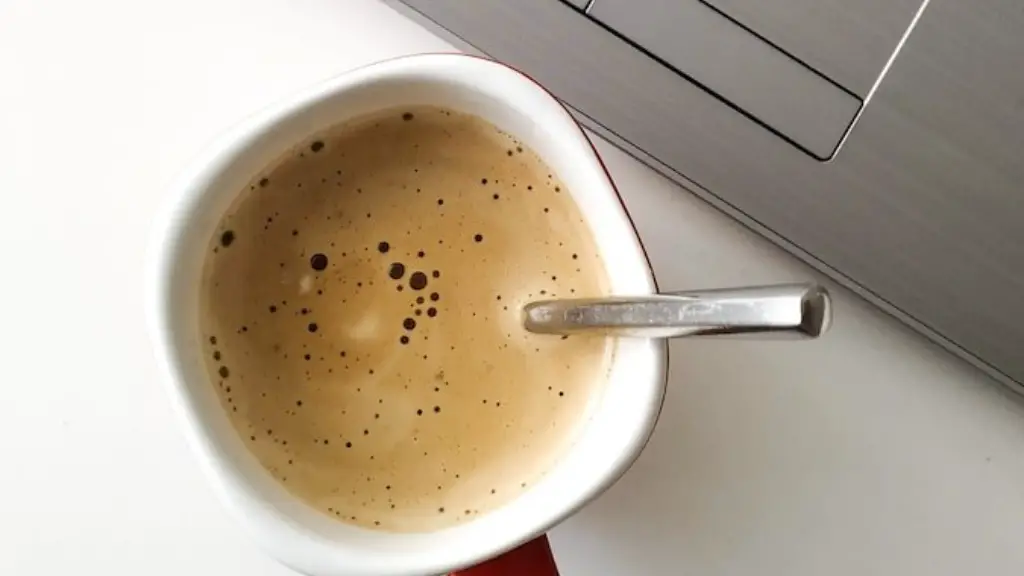Coincidentally, coffee is virtually a dieter’s favorite drink. For many, the allure of this energizing warm beverage is too difficult to resist. However, can coffee really fit into the diet plan? Is it okay to drink coffee and still lose weight?
To answer this, it’s first important to understand what coffee actually contains. Coffee is composed of polyphenols and other compounds, including chlorogenic and caffeic acids, oil and lipids, minerals, and carbohydrates. There are also caffeine compounds that make coffee the impressive drink it is. Caffeine can provide a useful energy boost, although that is the only nutrient derived from coffee. For any dieter, this means coffee can be a caloric free beverage.
As coffee contains no calories, it should be safe to consume it while dieting. In fact, many dieticians advise their patients to drink one to two cups of coffee per day, citing its potential power to curb appetite, boost metabolic rate, and provide necessary hydration.In addition, scientists concluded that moderate consumption of coffee is also beneficial in enhancing cognitive performance and providing a potential cardiovascular protection.
But here’s the downside. It’s possible for dieters to add extra calories to their cup of coffee without even realizing. This could be anything from “coffee mate”, sweeteners, to the rich, creamy creamers. If a person consumes two cups of coffee with a teaspoon of “coffee mate” for example, each cup would contain about 50 extra calories. This translates to more than 500 extra calories every day. This underscores the importance of sticking (as much as possible) to calorie-free flavorings such as pure vanilla extract, pure ginger or almond extract. It’s also important to be aware of the sugar content of the coffee shop-style drinks.
Furthermore, some diet experts recommend avoiding caffeine-rich beverages like coffee if you are struggling to lose weight. Many nutritionists think caffeine can interfere with proper absorption of certain nutrients such as iron and calcium, both of which are crucial to a healthy lifestyle. In addition, caffeine consumption may lead to certain psychological sensations such as agitation, increased heart rate, and nervousness.
At the end of the day, it’s up to individuals to decide if they want to continue drinking coffee while dieting. It is advisable to be mindful of what you put into it and to do everything in moderation. While drinking coffee with calories might not seem important, the calories can add up rather quickly, which can be counterproductive to your weight loss goals.
Coffee for Metabolism
One of the primary benefits of drinking coffee is its ability to stimulate the metabolism. Numerous studies have indicated that caffeine accelerates fat and carbohydrate metabolism, leading to an increased energy expenditure.Additionally, caffeine is also believed to increase levels of mitochondrial heat production, resulting in greater breakdown of fatty acids.
When it comes to dieters, caffeine’s stimulation action can be useful in several ways. First, it can help them maintain the energy levels needed to keep up with their rigorous exercise regimen. Second, it may help the dieter burn fat at a faster rate. Finally, coffee is also known to reduce hunger pangs, which can be a plus as dieters need to reduce their caloric intakes.
To derive these benefits, dieters should aim to have one or two cups of coffee a day. Of course, this depends on the individual, as some people can tolerate more and others less. It’s important to note that those who are trying to lose weight with coffee should pay attention to other “extras” that may add calories to their cup – like sugar, creamers and sweeteners.
Coffee for Cognitive Performance
Coffee is heavily associated with mental alertness due to its caffeine content. Scientists have conducted various studies to examine the effects of coffee on cognitive performance and found that caffeine does indeed improve memory, focus, and overall alertness. This has become particularly useful for students and office workers who are looking for ways to stay sharp and increase the accuracy of mental tasks.
In addition, it has been suggested that coffee can provide short-term memory boosts. There are even studies which suggest that caffeine can improve reaction time, which can enable individuals who are dieting to maintain their cognitive focus and alertness. Science identifies the optimal intake of coffee to be the equivalent of two cups of caffeine a day, for the maximum effects.
Coffee for Protection Against Disease
Finally, some research has indicated that moderate coffee consumption can provide better protection against certain diseases. For example, coffee contains certain antioxidants, which can help reduce the risk of certain cancers. In addition, coffee may also reduce the chance of heart disease. Studies have even indicated that coffee could potentially reduce the risk of developing type 2 diabetes and of contracting Parkinson’s disease.
The antioxidants are believed to increase the body’s fat-burning capabilities and therefore help people lose and maintain weight. Nonetheless, it’s important to note that individuals should not rely solely on coffee for weight loss, as reducing calories and exercising can also be beneficial for some people.
Coffee for Energy Boost
Aside from its possible health benefits, coffee may also serve as an energy booster for dieters. When consumed in moderate amounts, caffeine can temporarily heighten alertness and increase energy. This can help to maintain momentum and prevent one from feeling fatigued. This can be particularly useful for dieters who are undergoing a strict fitness regimen.
Of course, the amount of caffeine in a cup of coffee is variable. Whereas a 6-ounce cup of drip coffee may contain up to 175 mg of caffeine, a 6-ounce cup of instant coffee may contain only up to 16 mg. So, it is important to be mindful of the caffeine content of whatever you are drinking.
Coffee for Hydration
Whether you are dieting or not, hydration is essential for the body to function. Inadequate hydration may lead to decreased physical performance and create further health complications. The good news is that coffee can count towards total liquid consumption.
The bad news is that, unlike other hydrating beverages, coffee is a diuretic, meaning that it encourages the body to excrete water. Although it is unlikely that coffee will be dehydrating for most people, dieters should make sure to drink an adequate amount of fluids throughout the day.
Conclusion
Overall, there are potential benefits and drawbacks to drinking coffee while dieting. As it contains no calories and may potentially spark certain health benefits, dieters can still enjoy a cup or two of coffee as part of their diet. Nevertheless, dieters must watch out for any added ingredients that can significantly increase the calorie count in their beverage. Therefore, it is essential that dieters find their own balance when it comes to drinking coffee.




